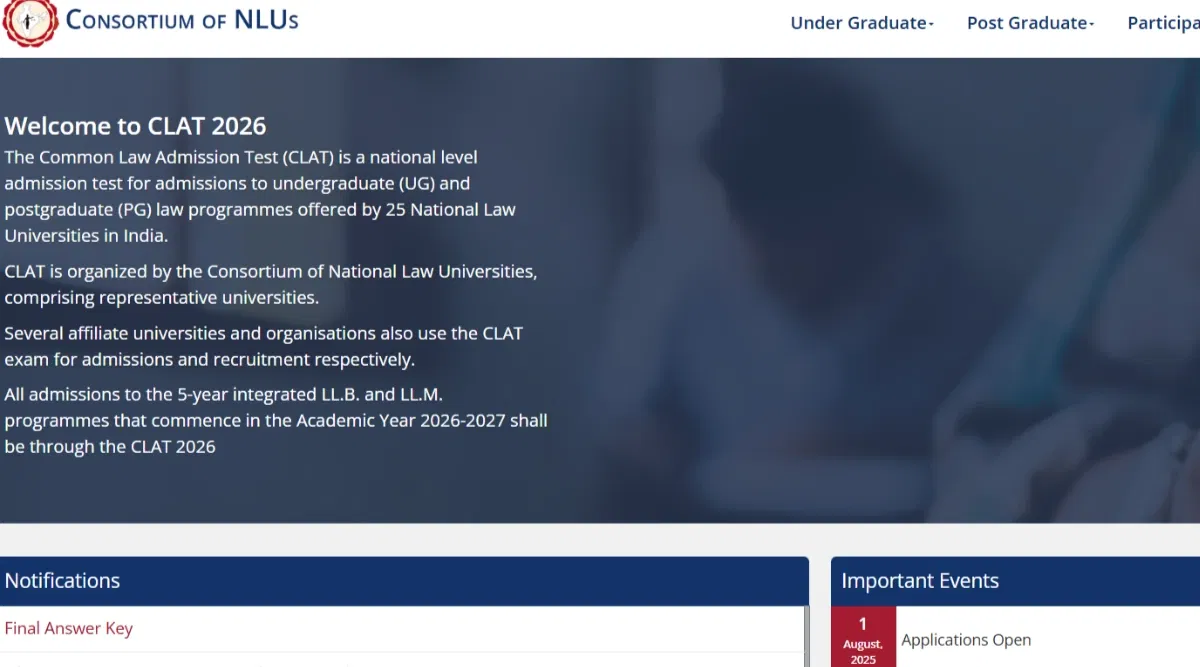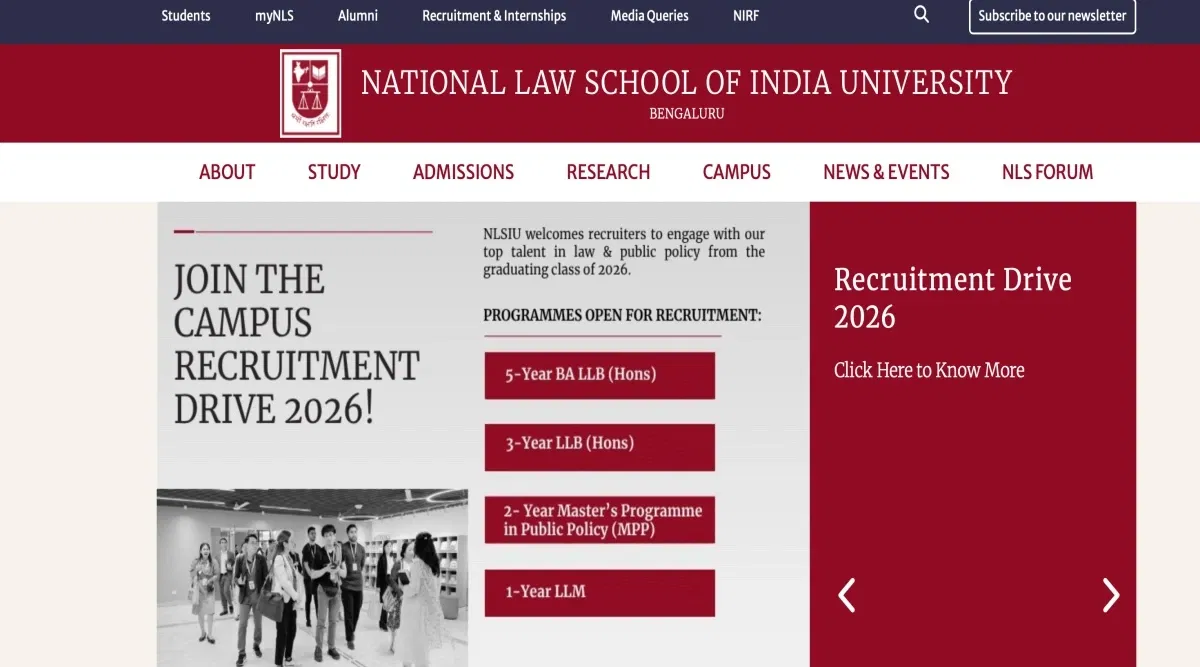Financial Planning for studying abroad requires students to understand the cost and budgeting, explore student loans, apply for scholarships and grants, and work part-time while studying.
Table of Contents
Studying abroad opens doors to countless opportunities, offering rich educational experiences that blend academic learning with cultural immersion. However, the financial planning for studying abroad can often be a significant challenge, posing potential barriers to this life-changing opportunity.
To support students in their study abroad journey, we are going to lay out a brief financial plan for studying abroad for international students.
Tips for Financial Planning for Study Abroad
Here are the top tips that aspirants must follow to ensure proper financial planning for studying abroad.
Understanding the Cost And Budgeting

The first step in developing a sound financial plan is to be in-depth aware of the whole cost of studying abroad. It includes more than just tuition; it also includes things like student accommodation, food, transportation, books, health insurance, and unexpected expenditures.
You can start creating your budget after you have an approximate total cost. Prioritize your expenditure into needs and wants, factoring in both fixed costs (like rent and utilities) and variable costs (like entertainment, travel, etc.) Always plan for unexpected expenditures by setting up an emergency fund.
Although creating a budget can appear difficult, several apps and tools on the market can help you keep track of your money. These can help you keep tabs on your spending, warning you when you're approaching your spending cap and giving you an overall view of your financial situation. Remember, the purpose of budgeting isn't to limit your enjoyment but to guarantee you're spending within your budget while studying abroad.
Exploring Student Loans

Financing your education abroad can prove a challenging endeavour, especially given the significant costs involved. Student loans become an appealing alternative if personal resources, scholarships, or grants are insufficient.
There are two kinds of student loans in the market: federal and private. Federal loans often have lower interest rates and more flexible repayment periods and are usually subsidized by the government, but they are primarily available to domestic students. Alternatively, private loans can provide attractive interest rates but normally need a co-signer who is a citizen or permanent resident of your host nation.
Don't forget that a loan is not 'free money'. It's a financial liability that you'll have to return with interest, so consider the long-term impact on your financial health.
Applying for Scholarships and Grants
Applying for scholarships and grants can significantly ease the financial burden of studying abroad. These funds are essentially "free money" that you don't have to pay back, making them a key part of your financial planning.
Start by researching potential scholarships and grants available both from your home country and the country you intend to study in. Your home institution, the foreign university, government agencies, international organizations, and private entities all may offer scholarships. Pay attention to small, local scholarships - they may have less competition, and every bit helps.
Ensure you understand the eligibility criteria and deadlines for each scholarship. They often require academic transcripts, letters of recommendation, and a personal essay. Put effort into these applications, as they can be quite competitive. Grants, often need-based, are another avenue for funding. They might be specific to your field of study, for low-income students or students from certain regions.
Remember, applying for scholarships and grants can be time-consuming, but the potential benefits are immense. It is an investment in your future - potentially saving you from large student loans down the line.
Working Part-Time While Studying
Working part-time while studying abroad is an excellent way to supplement your funds. However, before you begin looking for employment, you must understand the employment laws for international students in your host country. Some nations are more accepting than others, allowing students to work specific hours each week.
You can hunt for employment both on and off campus. Many universities have work-study programmes or job boards with listings for part-time jobs. Jobs in retail, restaurants, and other service sectors might be available off campus.
Keep in mind that you might have to put in work during peak hours, such as nights and weekends, for these positions. You should look for jobs near your university or amber student accommodation to save commuting time.
Conclusion
We hope this article helps you to identify and understand tips for financial planning for studying abroad. Embarking on a journey to study abroad is not just about academics and cultural exploration; it's also a significant financial commitment. With careful planning and prudent management, you can transform this venture into a sound investment for your future.























POST YOUR COMMENT